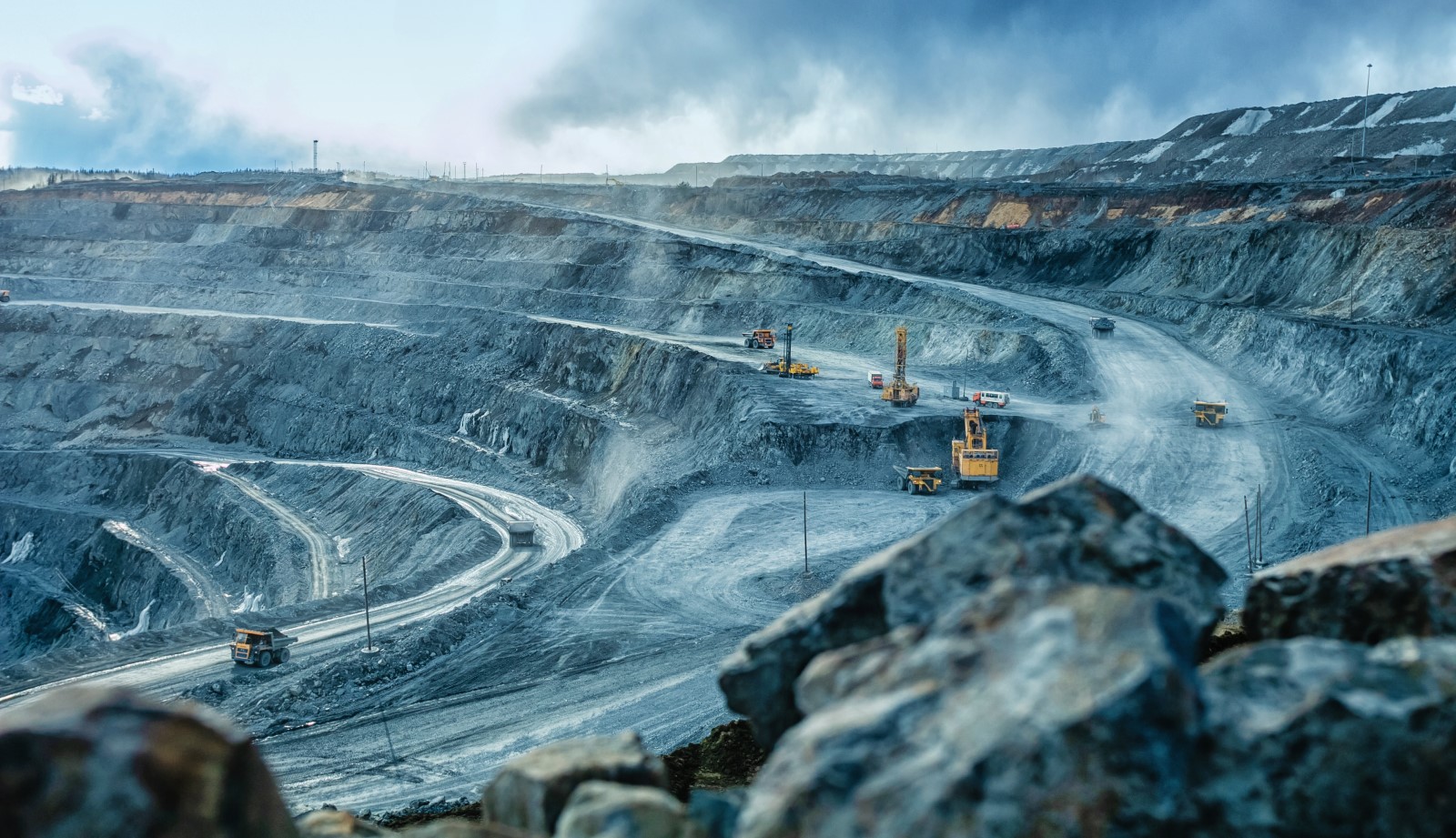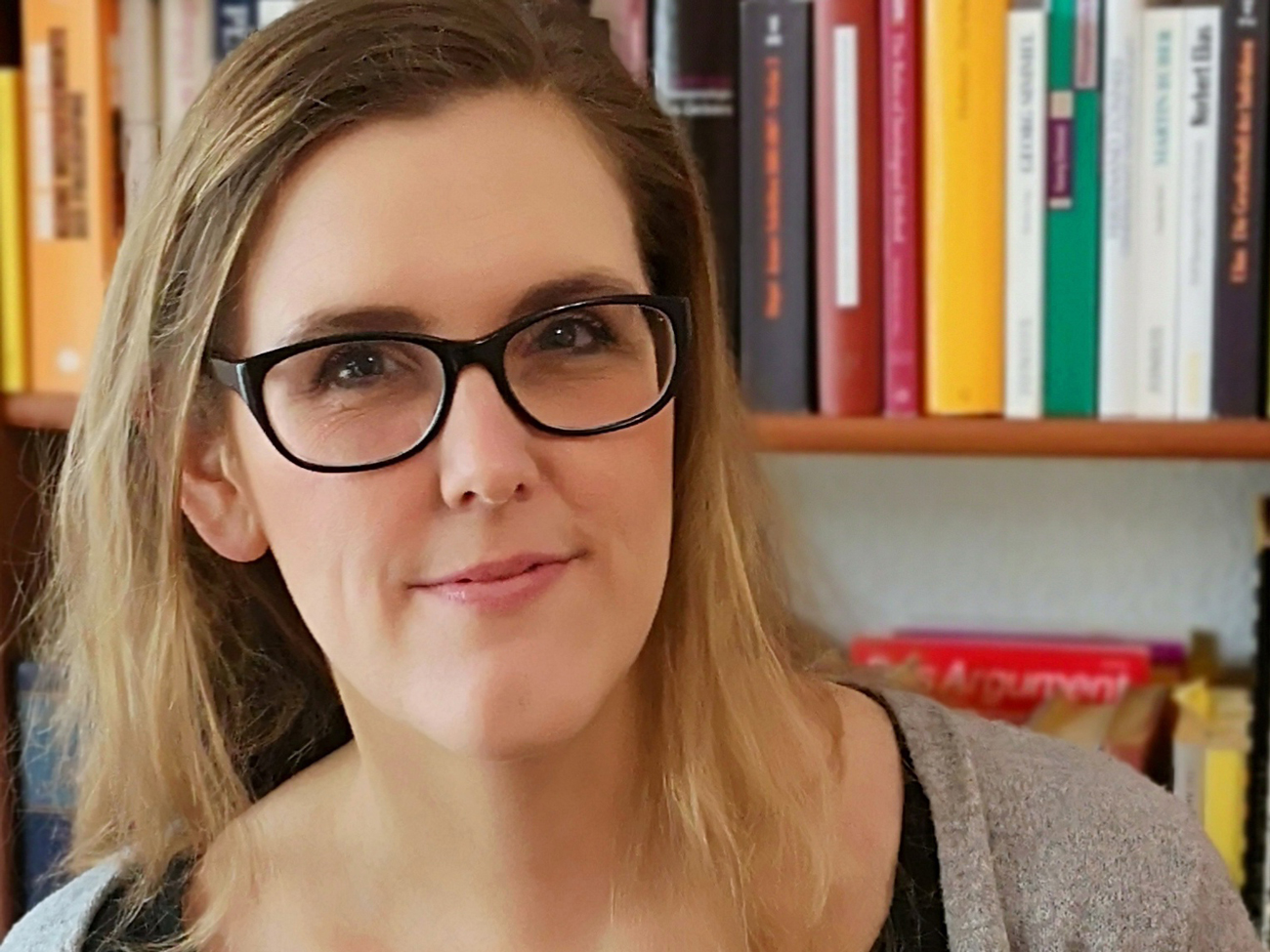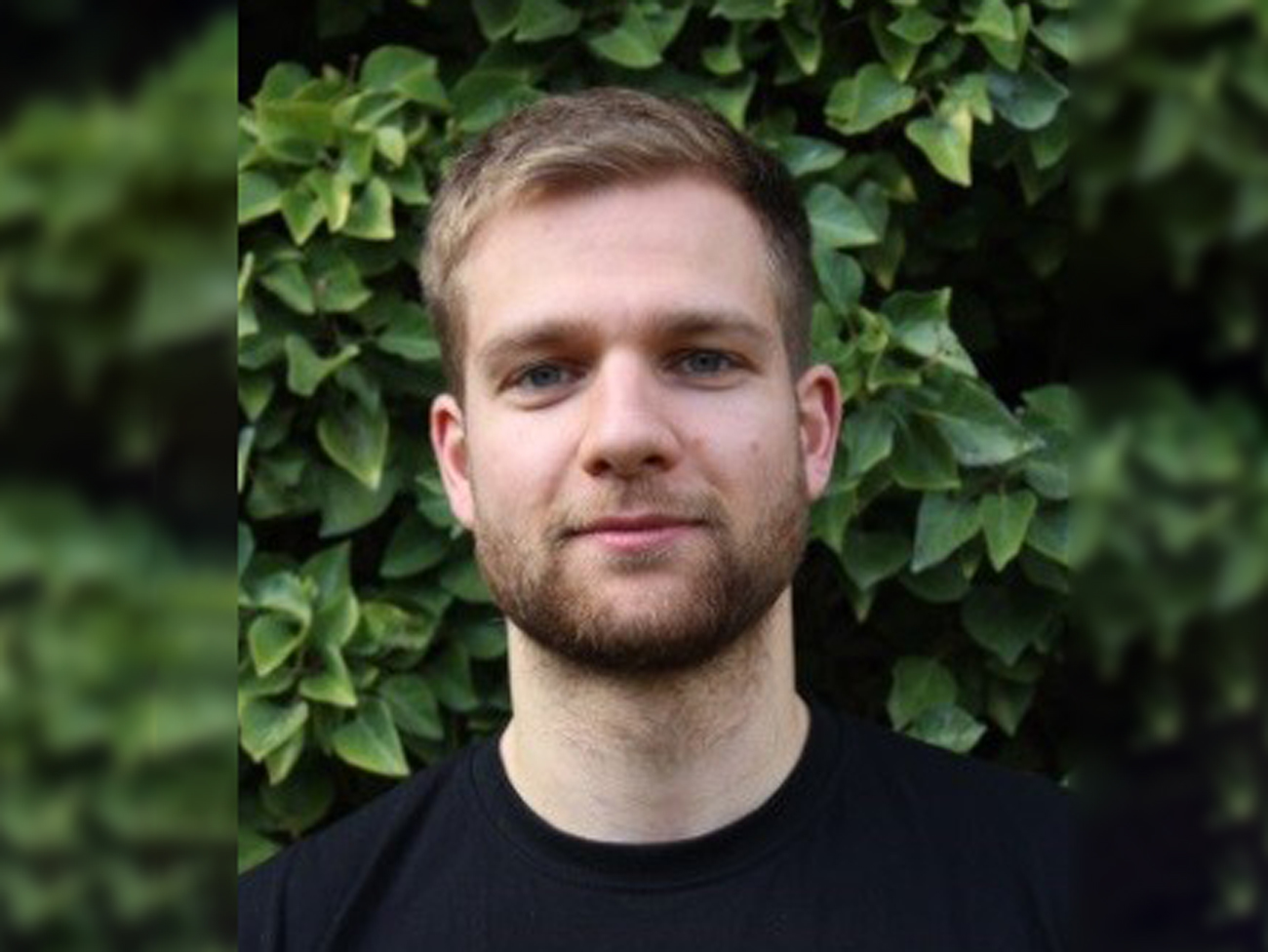
© evgenii / Adobe Stock
Extractivism: Developing Countries
Nations and the environment are being exploited for sought-after raw materials. The consequences for society are immense.
It is often reports and images on the news that render us speechless: rain forests being chopped down, people working in awful conditions in mines. National governments are not only ruining the environment in their countries but also the health of the people. The Soft Authoritarianism working group, led by U Bremen Excellence Chair Professor Shalini Randeria, is investigating how these forms of exploitations correlate with certain political styles of government. An interview with Dr. Ulrike Flader and Hagen Steinhauer.
You work on the effects on extractivism in the research group. The term stands for a non-sustainable extraction and use of raw materials on land and in the deep sea but can also refer to data or cultural assets. On what topics does your work center exactly?
Ulrike Flader: Our initial goal is to understand extractivism as the central logic of today’s capitalism and to observe the various forms in which it appears. Despite the massive looting of natural raw materials historically being a core element of colonialism, progressive governments, especially those in Latin America, have repeatedly seen extractivism as a development strategy in the past years. They view it as a strategy with which they can fight the poverty in their country and international dependencies. The extent of environmental destruction, expropriation, and expulsion of people, which correlates with this, has however shown that this cannot be a sustainable solution.
Hagen Steinhauer: If we take a look from the perspective of the Global South, we see continuity of power relations that have grown over centuries. But if we not only view this historically but also from a political-economic viewpoint, the following question arises: What do the aspects that continue to be related to colonial structures have to do with today’s capitalism? And why do we still perceive today’s power relations as being normal?

© Privat
Ihre Your Soft Authoritarianism research group recently hosted an international autumn school for young researchers from across the world. Did this experience allow you to see the matter from a different angle?
Ulrike Flader: At the Young International Scholars Autumn Research School (YISARES) it was all about getting to know the topic of extractivism from an interdisciplinary perspective. With post-doctoral researchers, PhD students, and master’s students from 17 countries - from South Africa to Finland, Chile, and Papua New Guinea - various cases and studies were discussed over six days. We were successful in allowing these different viewpoints to speak with each other. We were repeatedly reminded that the history of capitalism has always been a global and intertwined matter and will remain so, but also that such communication is a great chance to break down and question certain perspectives.
“Alongside issues of environmental destruction, there is also a big focus on participation in decision-making processes. It is important to see who makes decisions where and how and how complex the relations between politics and the economy, and local and global players are.“ Ulrike Flader
What topics were discussed?
Ulrike Flader: The focus was placed on the exploitation of natural resources, such as gold, cobalt, lithium, coal, gas, but also agricultural production, fishing, and digital data. We were not only interested in the conditions in which expansion and exploitation take place, and which local, international, state, and economic agents are involved, but also the far-reaching social and political consequences and contradictions that this form of accumulation encompasses. For example, we addressed inhumane working conditions, including child labor, the changes of lifestyles and geographies, migration, but also the resistance to and mobilization against this exploitation and destruction of foundations of life.
There is a contradiction between the demand for sustainability on the one hand and the exploitation of nature, in order to acquire the raw materials for this purpose on the other hand. One example is lithium. We require the raw material for our electric cars, which are intended to contribute to the energy transformation.
Ulrike Flader: We actually had several participants who carry out their research at this interface - thus on where the contradictions and dilemmas of capitalist “green” strategies and corporate sustainability are found. Alongside issues of environmental destruction, there is also a big focus on participation in decision-making processes. It is important to see who makes decisions where and how and how complex the relations between politics and the economy, and local and global players are. Numerous researchers are observing these matters closely and ask what truly sustainable, alternative, and fair forms of raw material usage and economies could be like.
Has the role of science changed? Does the role of science need to change?
Ulrike Flader: What our tasks are is something that is being heavily discussed on an international level. Do we not also have the task of drawing attention to these topics and working together with agents who make others aware of the problems? At the autumn school, we worded a plea to the scientific sector to actively and passionately get involved in these debates. We need dedicated academics who are prepared to face the important questions and contradictions of our time.
Hagen Steinhauer: In research, it is becoming clearer that it is simply not enough to say: I describe matters as they are. We can no longer just fall back on that. It is also about showing your attitude towards somethings and clearly taking up your position towards authoritarian tendencies.

© Privat
To what extent do soft authoritarian governments favor extractivism?
Ulrike Flader: We actually noticed that such forms of exploitation often align with a state governing style that blurs the boundaries between what is democratic and what is undemocratic. For example, you just have to look at how such governments deal with opposition or protest. Law is used to legitimize measures, such as the taking of land or expropriation, which causes immense interventions in the lives of people, instead of protecting them against this or compensating them.
“In research, it is becoming clearer that it is simply not enough to say: I describe matters as they are. It is also about showing your attitude towards somethings and clearly taking up your position towards authoritarian tendencies.“ Hagen Steinhauer
You also include data collection as part of extractivism. Why?
Hagen Steinhauer: Around ten years ago, when companies like Meta, formerly known as Facebook, and Twitter began to collect our data, many of us just dismissed the problem and said: “So what? It doesn’t matter. What would they even want with my data?” But that is a good example of how the logic of extractivism works: Accumulation can be found at the beginning. First, everything is collected and then at a later point in time, you find out how you can use it and make money from it. Today, we can see that these companies are monopolizing the data, have a huge amount of power, and can even sway elections. Global tech companies that own massive quantities of our data are extremely powerful. The collaboration between Facebook and Cambridge Analytic during Donald trump’s election showed that. The corporations act in a para-state manner, they can chose where they pay tax - if they pay it at all. And they do not care when they are sued. We need the democratic retrieval of sovereignty so that everyone has the rights to their own data and international corporations cannot act independently of any form of jurisdiction.
Ulrike Flader: It is important that it is shown how brutal and destructive such logic is. Regardless of whether we are looking at data, land theft, or environmental destruction. We are observing a worrying tendency towards the expansion of soft authoritarian policy and in many circumstances, one of the goals is safeguarding economic interests, such as extractivism. Critical analysis asks us to rethink responsibility, equality, and alternatives.